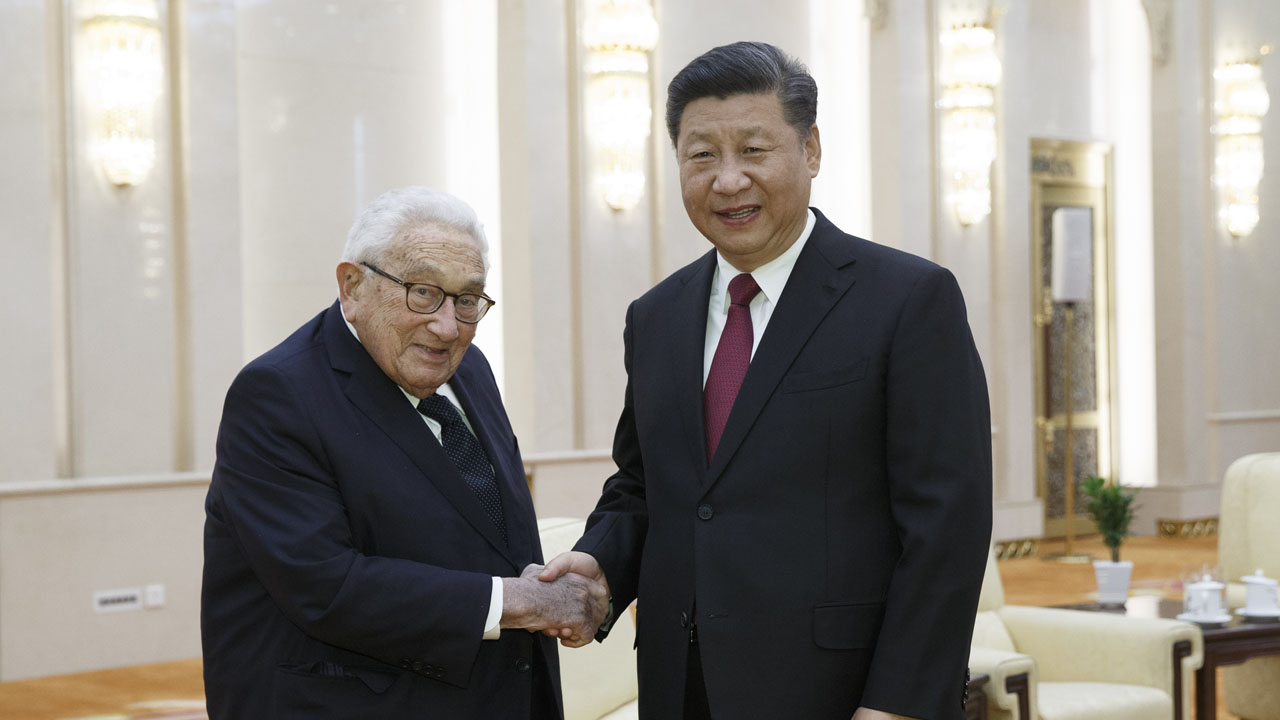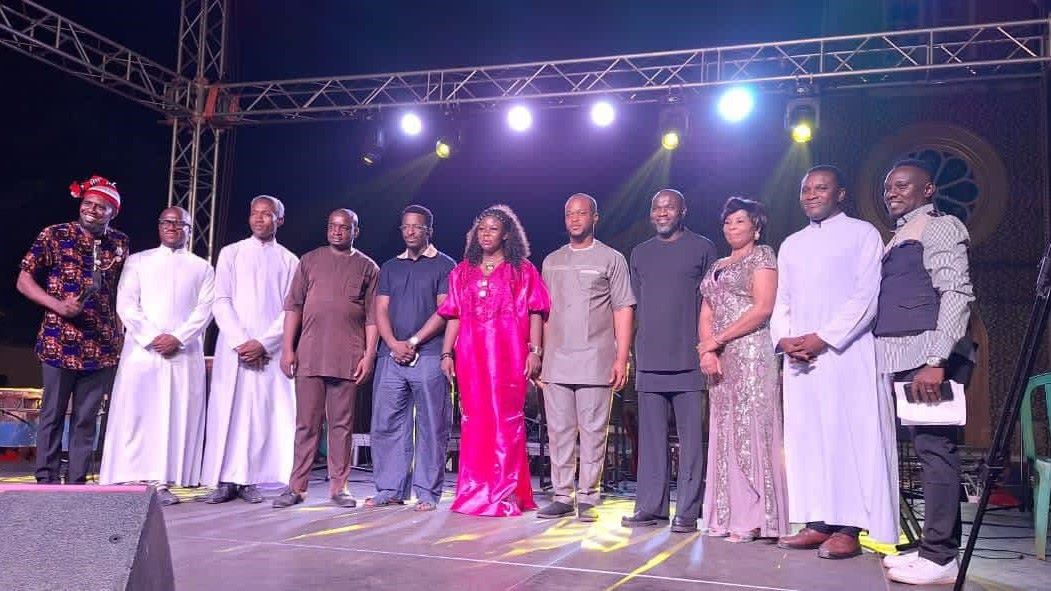
The transition of Henry Alfred Kissinger at the ripe age of 100 at his hometown in Kent, Connecticut, on November 29, 2023, was celebrated across the world, especially among the Chinese people, whose national media described him as a “legendary diplomat” and a “living fossil.”
As a refined international diplomat in a superlative order, the former Prime Minister of the United Kingdom, Tony Blair, in describing the late diplomat said: There is no-one like Henry Kissinger… If it is possible for diplomacy, at its highest level, to be a form of art, Henry was an artist.”
For Boris Johnson: “The world needs him now. If ever there was an author of peace and lover of concord, that man was Henry Kissinger”.
Even the Russian President Vladimir Putin acknowledged his diplomatic prowess and described as as a “wise and farsighted statesman.” While the Israeli Prime Minister Benjamin Netanyahu said: “His understanding of the complexities of international relations and his unique insights into the challenges facing our world were unparalleled.”
Just like a coin of two sides, some world leaders do not see any fantastic in the life and times of Kissinger. It is unfortunate while the likes of Bangladeshi people where waiting for the centenarian to render apologies for his roles in the politics of the country, the chilled hands of death struck. So for the Bangladeshi Foreign Minister Abdul Momen, the late Kissinger did “inhumane things and should have apologised to the people of Bangladesh for what he has done.”
Even in his home country, the United States America, there have been differences in opinions, as some have reviled him for his role in global events.
A number of his critics, including the British-born American political pundit Christopher Hitchens have tagged him a war criminal and called for his prosecution for his roles in advocating the secret expansion of the Vietnam War and the bombing of the noncombatant country of Cambodia.
He has also been accused of endorsing the deadly anti-democratic activities by right-wing Latin American governments, including Operation Condor, in which several South American military governments — most notably those of Argentina and Augusto Pinochet in Chile — coordinated their efforts to systematically eliminate opponents in the 1970s and ’80s. Operation Condor activities included the assassination of Chilean diplomat Orlando Letelier in 1976. Moreover, critics allege that Kissinger’s actions contributed to the atrocities committed by the Pakistani army in 1971 in what would become Bangladesh and to the depredations of the Indonesian invasion of East Timor in 1975.
From 2000 to 2006, Kissinger served as chairman of the board of trustees of Eisenhower Fellowships. In 2006, upon his departure from Eisenhower Fellowships, he received the Dwight D. Eisenhower Medal for Leadership and Service.
In November 2002, he was appointed by President George W. Bush to chair the newly established National Commission on Terrorist Attacks Upon the United States to investigate the September 11 attacks. Kissinger stepped down as chairman on December 13, 2002, rather than reveal his business client list, when queried about potential conflicts of interest.
On November 17, 2016, Kissinger met with President-elect Donald Trump and they discussed global affairs. Married twice (Ann Fleischer (1949, divorced 1964), and to Nancy Maginnes (1974), Kissinger between marriages dated such glamorous celebrities as actresses Jill St. John, Shirley MacLaine, and Candice Bergen. A longtime fan of football (soccer), he served for a while as the chairman of the board of governors of the North American Soccer League. His associates have announced that his funeral would be private, and would be followed by a memorial service in New York City.
.






